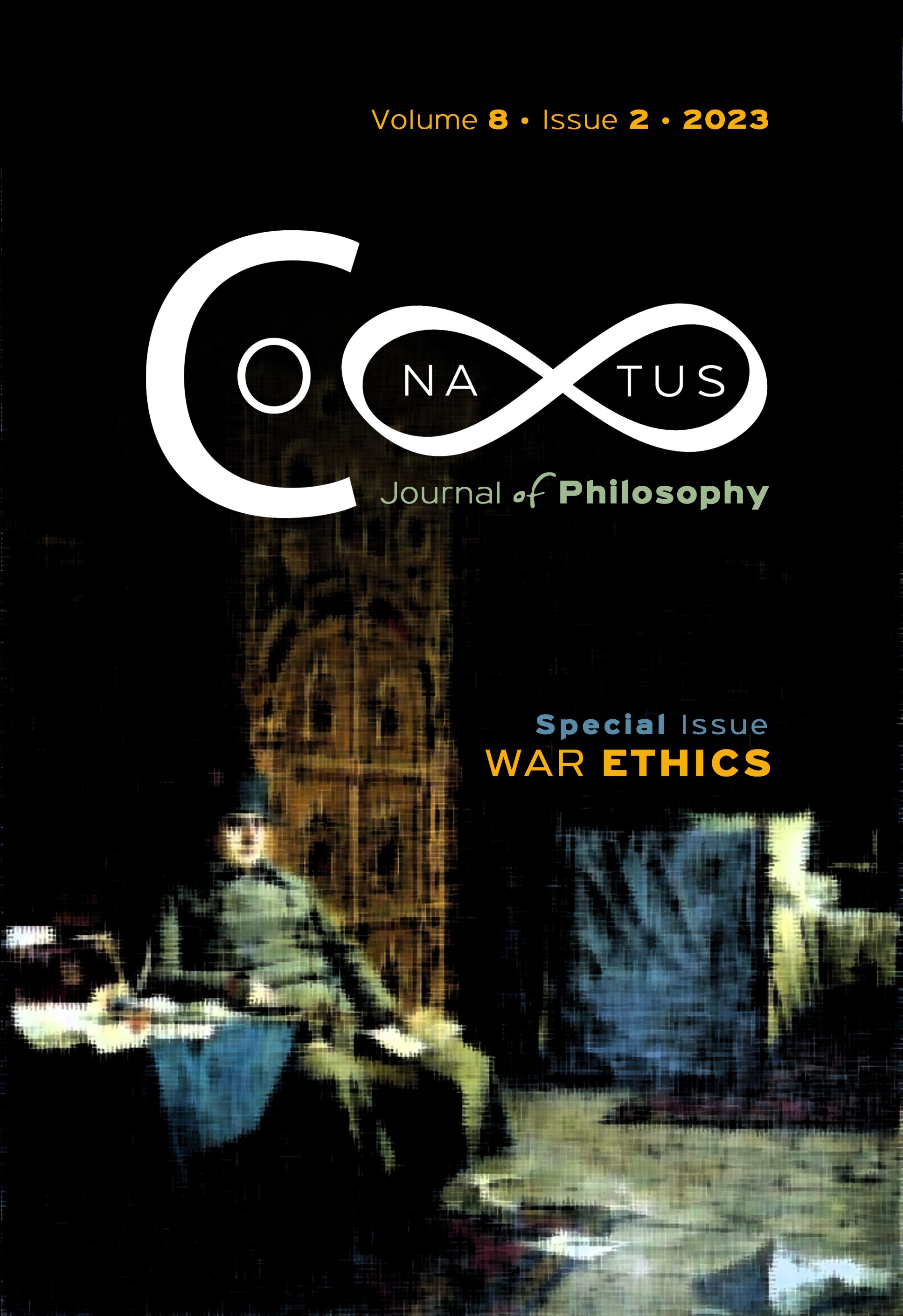Progressus as an Explanatory Model: An Anthropological Principle Illustrated by the Russia-Ukraine War

Abstract
At the beginning of the Russian Federation’s attack on Ukraine in February 2022, the European Union put up massive resistance, but due to its sudden overload, it was unable to deal with the situation adequately. It was in a state of paralysis for some time. Therefore, five explanatory models for the Russian actions are presented: an offensive, a defensive, a situational, a socio-cultural, and an ideological-historical one. It is then shown that the German term Gewalt, which combines the English terms violence, power, and force ontologically, is best suited to summarize and describe all these models. It is also shown that Gewalt is a neutral, fundamental human concept that can be described as one of the basic driving forces of man. By piercing society, Gewalt constitutes an impulse, a motivation that stimulates and fuels the individual and society in toto. This leads to what we call Progressus, which depends on four variables – group desire, potential means of violence and force, group aims and objectives, as well as group comparison and evaluation. Progressus is inherent in all persons and in all societies. It can be analyzed and managed in a variety of different ways. Combined with the foundation of Gewalt, seen as neutral agent in varying levels of intensity, Progressus forms a matrix for efficient analysis to describe positive and frictional interaction, establishes social relations from friendship up to war; and this between individuals, groups and/or states. How this is possibly implemented in practice is described at the end using an example from the previously presented explanatory models.
Article Details
- How to Cite
-
Ertl, P. (2023). Progressus as an Explanatory Model: An Anthropological Principle Illustrated by the Russia-Ukraine War. Conatus - Journal of Philosophy, 8(2), 175–194. https://doi.org/10.12681/cjp.35250
- Section
- Articles
- Categories

This work is licensed under a Creative Commons Attribution-NonCommercial 4.0 International License.
Authors who publish with this journal agree to the following terms:
Authors retain copyright and grant the journal right of first publication with the work simultaneously licensed under a Creative Commons Attribution Non-Commercial International License (CC BY-NC 4.0) that allows others to share the work with an acknowledgement of the work's authorship and initial publication in this journal.
Authors are able to enter into separate, additional contractual arrangements for the non-exclusive distribution of the journal's published version of the work (e.g. post it to an institutional repository or publish it in a book), with an acknowledgement of its initial publication in this journal.
Authors are permitted and encouraged to post their work online (preferably in institutional repositories or on their website) prior to and during the submission process, as it can lead to productive exchanges, as well as earlier and greater citation of published work.





